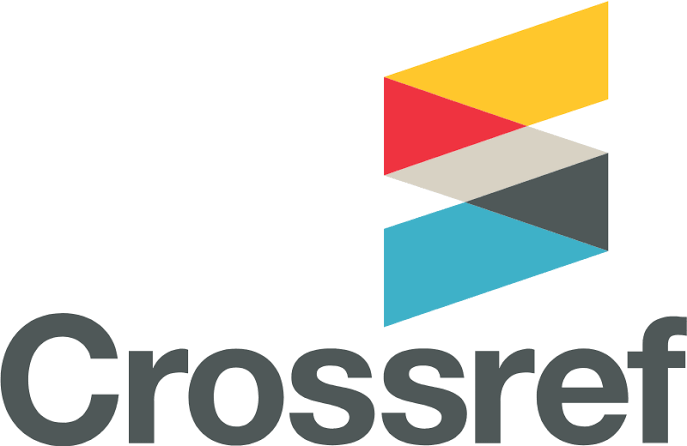ZAKAT FOR THE MODERN TIME: MOBILIZING MUSLIM SALARY EARNERS & SMES ENTREPRENEURS FOR GREATER IMPACT
DOI:
https://doi.org/10.59795/m.v7i2.145Keywords:
Salary Earners, SMEs, Zakat, EntrepreneursAbstract
The study investigated the challenges and opportunities in expanding Zakat compliance among contemporary income earners, using a mixed-methods approach with a sample size of 400 respondents (200 salaried professionals and 200 SME owners). Data analysis employed descriptive statistics for quantitative data, alongside thematic coding for qualitative responses. Results revealed low awareness and compliance due to unclear guidelines for modern income types, distrust in distribution channels. Key findings indicated a critical gap between traditional Zakat frameworks and modern economic realities, with respondents favoring tech-driven tools and centralized Islamic bodies to streamline compliance. Findings also revealed that there is need to revisit classical Zakat methodologies to include salaries and SME profits, proposing institutional reforms and digital innovations to enhance participation and achieve Zakat’s socio-economic objectives. The study recommended among others that Islamic scholars and institutions should issue clear, standardized rulings on Zakat for salaries, digital savings, and SME profits
Downloads
Published
How to Cite
Issue
Section
License
Copyright (c) 2025 Multi-Disciplinary Research and Development Journals Int'l

This work is licensed under a Creative Commons Attribution-NonCommercial-NoDerivatives 4.0 International License.












